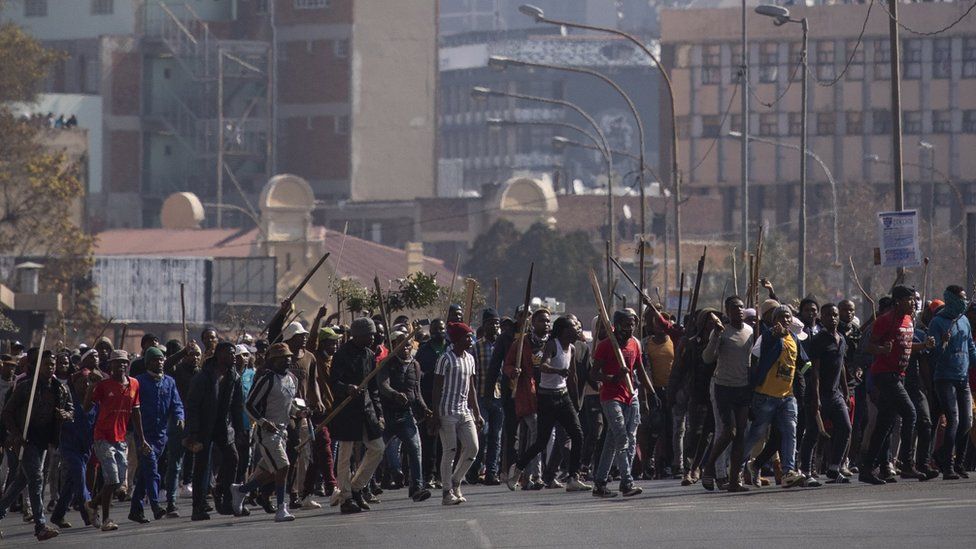Are you mystified? Well, allow me to enlighten you! We are watching ordinary South Africans riot as they see Jacob Zuma tried and sentenced to jail for corruption. If you live in the UK or in Europe or in the USA then your media cannot explain to you why this…
Category: ANC
ANC

Continue Reading

Between belief and reality: a personal reflection on Tony Hall’s 2020 Vision for Southern Africa
Dale T McKinley (For ARS NOTORIA) A prefacing note: On 31st January it will have been exactly 13 years since Tony Hall passed away here in South Africa. A bit over a year before his passing, Tony penned a 14-page document that he titled, ‘2020 Vision for Southern Africa’ ….
ANC

Continue Reading

How is the ANC Government measuring up?
A 2020 Vision for South Africa A car arrived at Tony Hall’s funeral in 2008 with Aggie Msimang. It was sent by the ANC with a message of condolence from Jacob Zuma, ANC President, Kgalema Motlanthe ANC Secretary General, Sankie Mahanyele, Deputy Secretary General, Mendi Msimang, Treasurer General. Aggie Msimang came…

You must be logged in to post a comment.